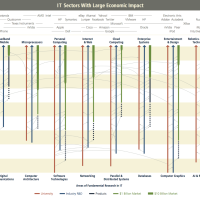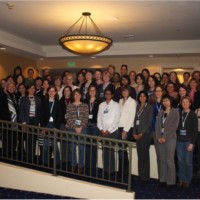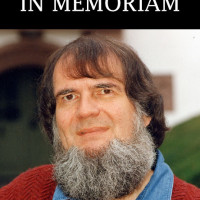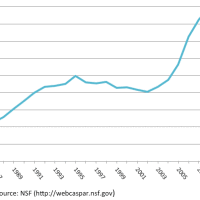
Tiretracks to Innovation in Information Technology
Research, in its purest form, is an endeavor that is largely unplanned and curiosity-driven, sometimes involving years or even decades of trial-and-error (and, at times, self-deprecating humor).The tiretracks diagram is designed to support each of us in the computing research community in telling our stories about how basic research contributes to new possibilities and economic growth. Many more stories need to be written and told. In order to facilitate the development of these stories, the Computing Community Consortium, in collaboration with Microsoft Research, will produce a series of short articles, to appear in the next six issues. Each article will give one story as an illustration of the concepts depicted in the tiretracks diagram.













